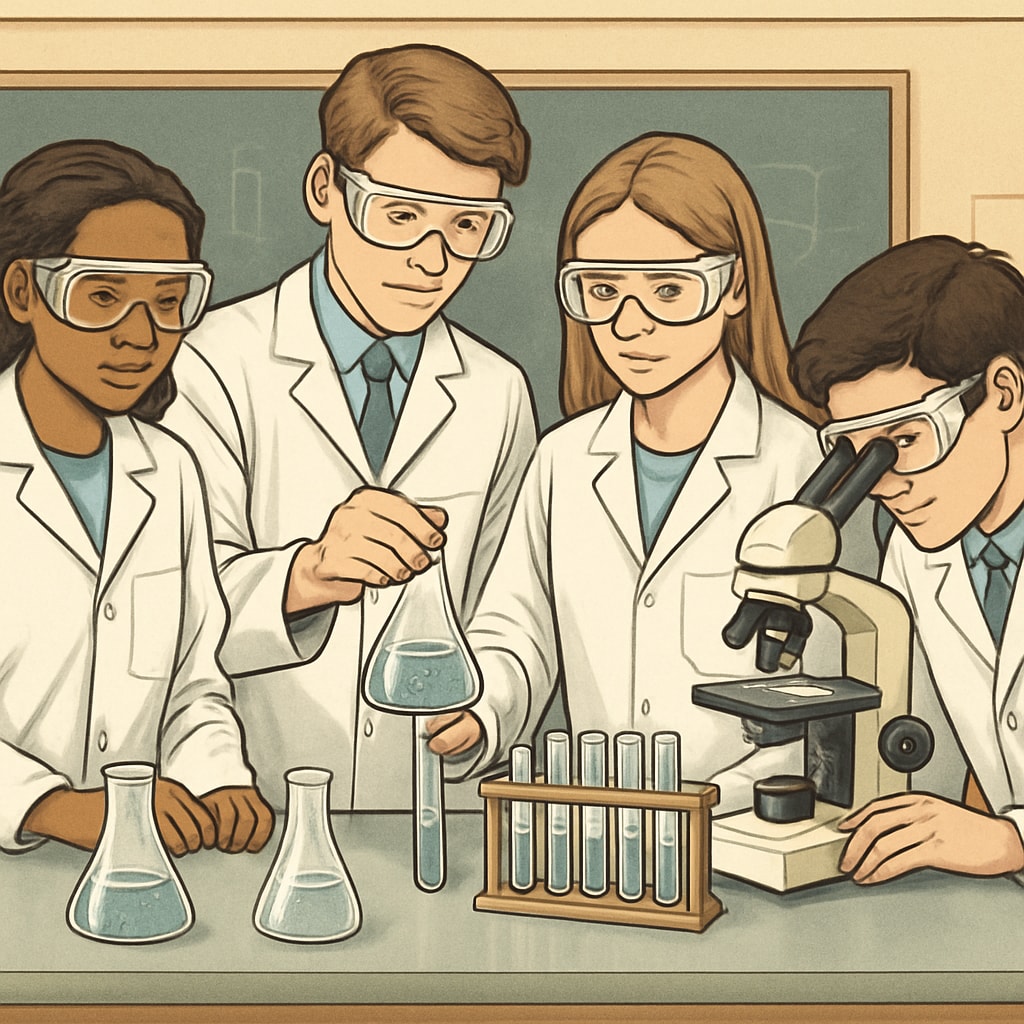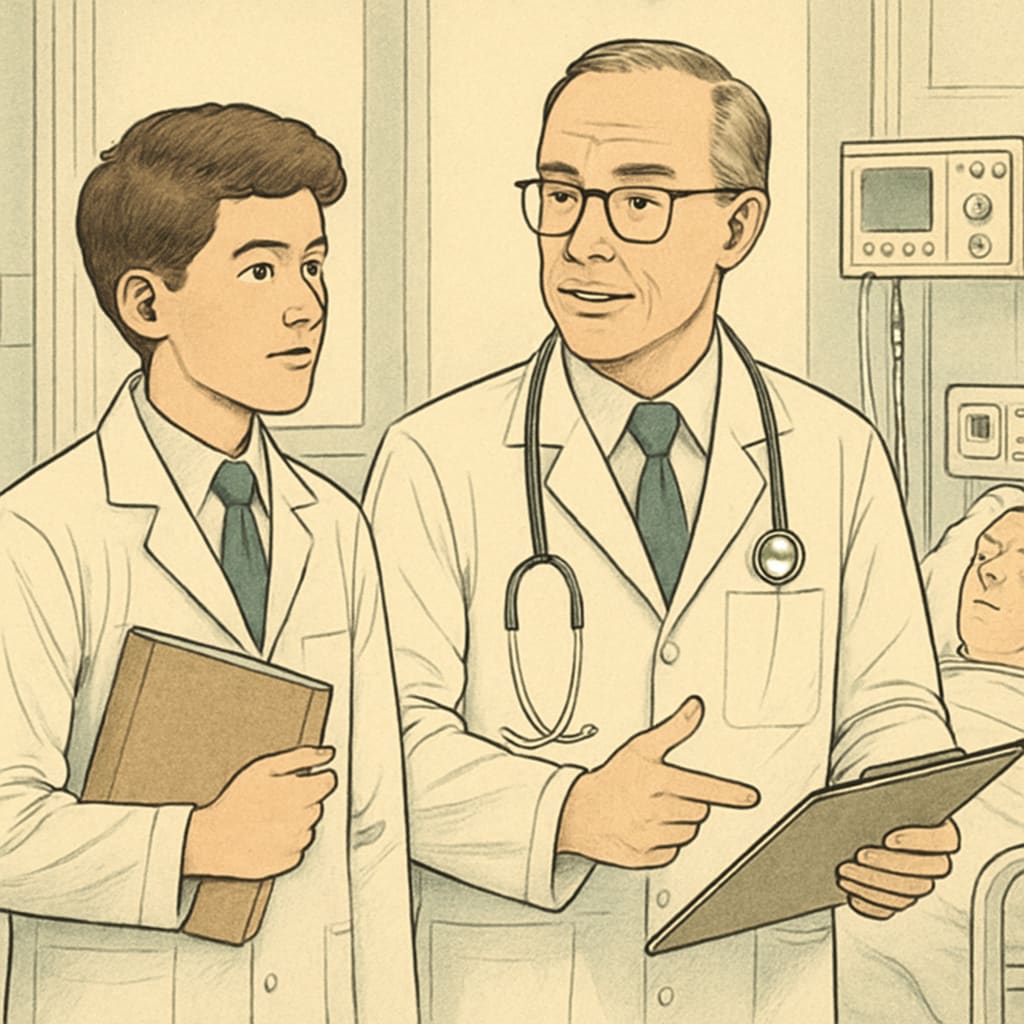Embarking on a career in medicine requires careful planning, dedication, and early preparation. For K12 students dreaming of becoming doctors, understanding the path ahead is essential. This guide, informed by expert doctor interviews, career planning strategies, and insights into medical education, breaks down how young aspiring medical professionals can effectively prepare for their future.
Why Start Planning Early?
The journey to becoming a doctor is long and demanding, often spanning over a decade of education and training. Early preparation during the K12 years lays the groundwork for success. Students need to develop strong academic skills, foster curiosity for science, and build essential soft skills like communication and teamwork.
- Strong Academic Foundation: Focus on subjects like biology, chemistry, physics, and mathematics.
- Extracurricular Activities: Join science clubs, volunteer at healthcare facilities, or participate in research projects.
- Time Management: Learn to balance studies with other commitments to build resilience.

Key Questions to Consider for Medical Career Planning
When planning a medical career, students should address these critical questions:
- Why do you want to become a doctor? Understanding your motivation helps you stay committed.
- What type of specialty interests you? Explore various medical fields to identify areas of interest.
- Are you prepared for the demands of medical school? Research the workload and challenges to assess readiness.
- What skills are essential for success? Focus on developing communication, problem-solving, and empathy.
- How will you finance your education? Investigate scholarships, grants, and financial aid options.
By answering these questions early, students can align their academic and extracurricular activities with their career aspirations.
Building Competencies for Medical Education
Medical education demands more than academic excellence; it requires a well-rounded skill set. Aspiring doctors should focus on these key areas:
- Critical Thinking: Engage in activities that challenge problem-solving and analytical skills.
- Interpersonal Skills: Practice empathy and communication in group settings or volunteer roles.
- Adaptability: Learn to thrive under pressure and manage stress effectively.
Additionally, shadowing doctors or participating in healthcare internships can provide valuable insights into the profession. For example, shadowing programs allow students to observe clinical environments firsthand.

Resources for Aspiring Medical Professionals
There are numerous resources available to support students on their medical journey:
- Medical Education Overview on Britannica – Learn more about the structure of medical training.
- Local healthcare facilities – Volunteer opportunities to gain experience.
- Online platforms – Explore free courses on biology, anatomy, and medical ethics.
By leveraging these resources, students can gain a deeper understanding of the field and strengthen their readiness for medical school.
In conclusion, preparing for a medical career during the K12 years requires a combination of academic excellence, extracurricular involvement, and personal growth. With thoughtful planning and access to resources, aspiring doctors can confidently take the first steps toward their dreams.
Readability guidance: This article uses short paragraphs, clear headings, and lists to enhance readability. It incorporates transition words like “however,” “in addition,” and “for example” to ensure smooth flow. Passive voice and long sentences are minimized for better clarity.


